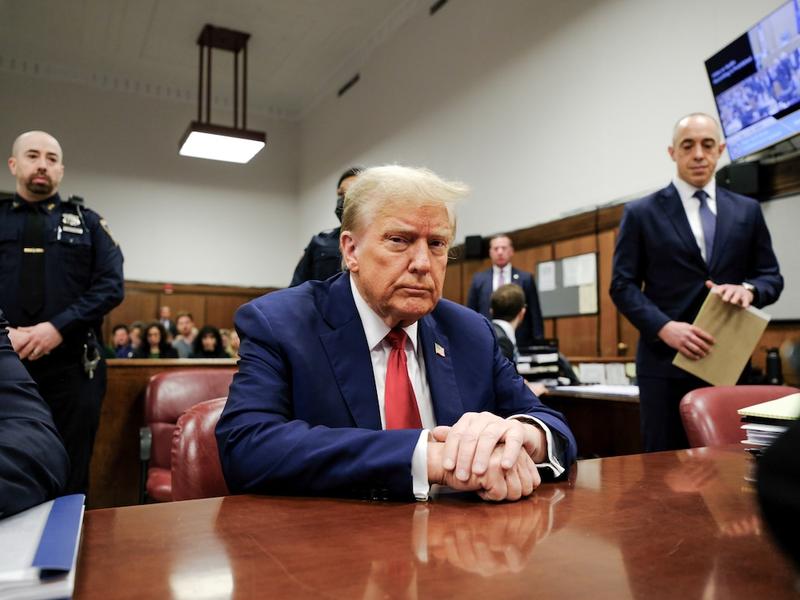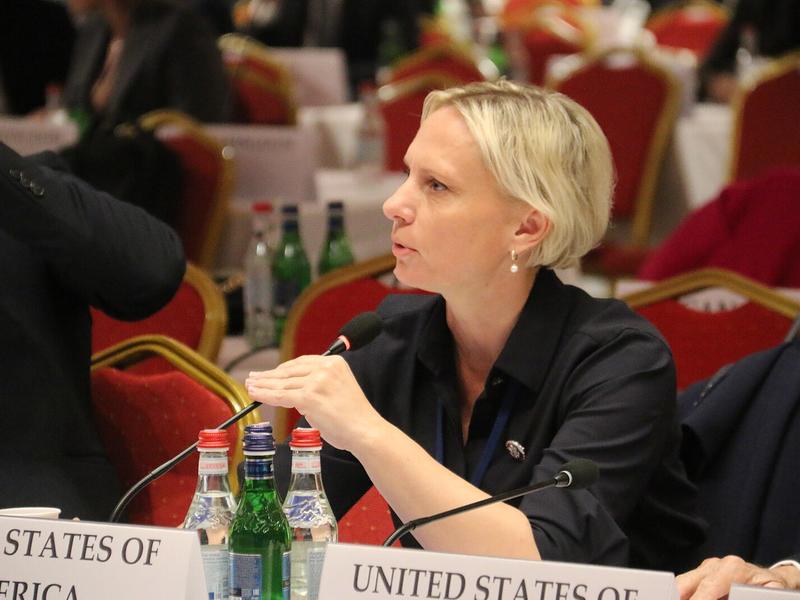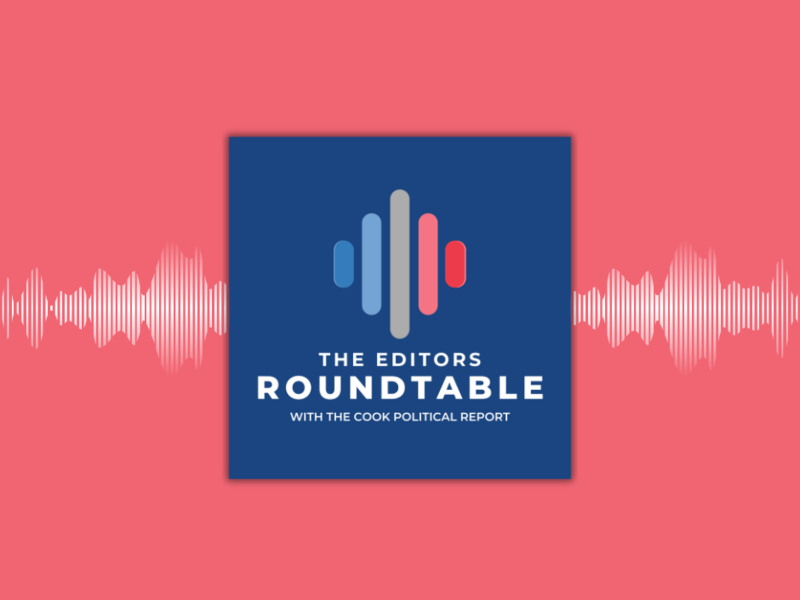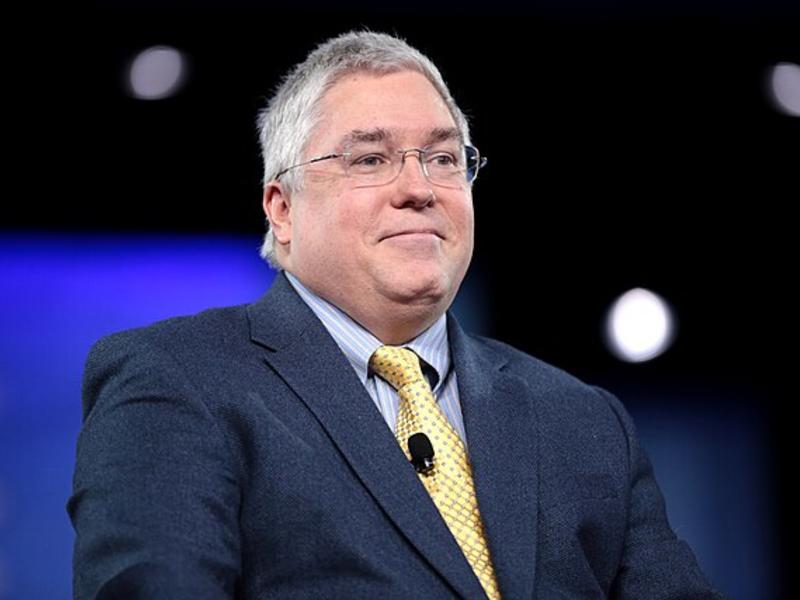
This story was originally published on nationaljournal.com on August 11, 2020
Any day or hour, word should come out of Joe Biden’s choice for a running mate. Any discussion of who will or should be picked should be preceded with two disclaimers: First, 99 percent of speculation invariably turns out to be wrong. Second, in terms of affecting the outcome of an election, the pick rarely matters—and probably won’t this time either.
Americans vote for president. They don’t vote for vice president. You have to go back 60 years to John F. Kennedy’s pick of Lyndon Johnson in 1960—with LBJ’s Texas voting Democrat by a 2-point margin—to find a single example where a running mate had a material effect on the outcome of a presidential election.
Rather, any election involving a president seeking reelection is a referendum on that incumbent, and certainly not about the challenger’s running mate.
Virtually everything in American politics over the past four years has revolved around Trump. Attempting to game out which potential running mate might gain a slight advantage in an election that is only going to be about Trump is a fool’s errand. Heck, this election may not have much to do even with Biden, much less his running mate. A running mate is unlikely to affect turnout, either.
I don’t bet on politics (or anything else), but I would give Susan Rice, who served as President Obama's national security adviser, a slight edge over Sen. Kamala Harris, with Rice having a little over a 40 percent chance of being selected, Harris a bit under 40 percent, and a 20 percent chance that he chooses someone else.
Obviously being qualified for the post is essential, as is surviving a vetting process to make sure there are no little gremlins, real or imagined, in a potential running mate’s personal, professional, or financial life. Governing experience is essential, but that comes in several forms. The understanding and execution of public policy is huge. Exposure in foreign relations and national security policy helps; it could be especially important for Biden, who spent over a decade as either chair or ranking member of the Senate Foreign Relations Committee.
But Biden’s choice will come down, I think, to two factors, the first being how much value he places on his pick having run and won elective office, including holding statewide office or having waged a presidential campaign. Many armchair running mate handicappers put that as a must. Since I believe that this is more of a governing than an electoral pick, it is one that I put a little less weight on.
For those who believe that having held elective office is essential, however, there are women besides Harris and Rice under consideration. Rep. Karen Bass would seem to be out of the running after publicity from several rather controversial statements and actions. Michigan Gov. Gretchen Whitmer and Sen. Tammy Duckworth have been the focus of a lot of speculation, though neither has run for president, something Biden had previously done twice.
In the aftermath of the killing of George Floyd, picking a Black candidate is an important part of this equation. Bringing the country back together after Trump has done much to stoke racial unrest is expected to be a major theme for Biden, which makes the odds of picking a Black running mate extremely high. Doing anything else would put Biden on the defensive, explaining himself from now to Nov. 3 or even beyond. Harris, as a senator, seems to be the conventional-wisdom pick, though some note that her sharp attack on Biden in a presidential debate just over a year ago could disqualify her. But history is replete with nominees picking adversaries with whom they have had real difficulties, like Kennedy picking Johnson and Ronald Reagan choosing George H.W. Bush.
That brings me to the second factor, which is what ultimately convinces me that Rice might have an edge over Harris: trust and a comfort level. Reading veteran political reporter Jules Witcover’s comprehensive and very worthwhile reading 2010 biography of Biden reinforces a feeling that it is unlikely that this gregarious Irishman would pick someone he hardly knows. That just doesn’t seem to be his modus operandi, which is why I’m so skeptical he would select someone who he has never served with in Congress or worked with as vice president.
Biden served as vice president under Obama, who was 19 years younger and whose entire tenure in state and federal government combined amounted to less than a third of Biden’s. But to the extent that Biden and Obama ever disagreed, you didn’t hear about it. My bet is that Biden will look for a vice president who would be as loyal to him as he was to Obama—someone who would be simpatico. That’s why I tilt toward Rice, after the two spent so much time together in intelligence briefings during their eight years in the Obama White House.
If left to his own devices, Biden would probably spend 70 percent of his time on foreign policy and national security issues. Yet between the coronavirus, the plunging economy, and the fiscal mess that he would inherit, that is a luxury he can ill afford. Still, with 70 years’ worth of important alliances left in tatters, foreign policy will be a huge undertaking. If Biden wins, whoever is his vice president will, along with the secretary of State, be spending an enormous amount of time repairing relationships and building bridges. Someone who he has worked alongside on these issues—someone he knows well and trusts implicitly—would seem to me to have a leg up.
We will soon know who it will be and most of us will probably be wrong, but Rice is my hunch.










Subscribe Today
Our subscribers have first access to individual race pages for each House, Senate and Governors race, which will include race ratings (each race is rated on a seven-point scale) and a narrative analysis pertaining to that race.